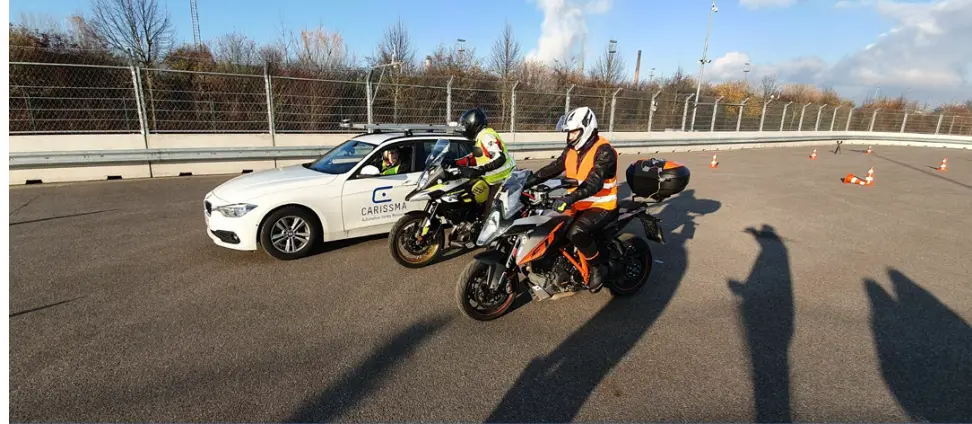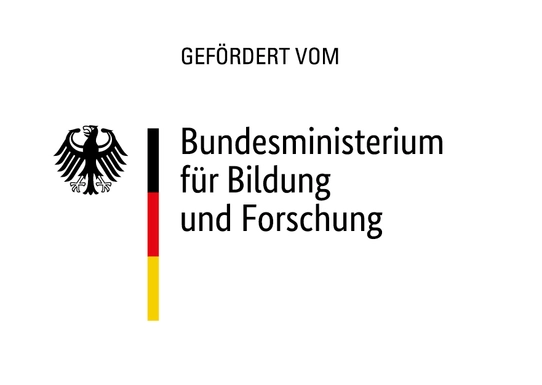Impulse project 7, "Increasing the reliability of the global safety system", provides an increase in the reliability of the technologies involved, based on the Cluster 3 "Global safety system" construction phase. In this context, the sensors, radio transmission and test methods are increased as well as the number of road users considered by including Vulnerable Road Users (VRU). For this purpose, the focus is on innovative subsystems as well as on communication per se. For example, methods for predictive reliability determination are used for sensor technology. For Car2x-based control units, test methods for evaluating the reliability of radio transmission are being researched. By considering the reliability of the subsystems, a significant contribution is made to increasing the reliability of the global safety system. This is further flanked by the extension of the use cases in the direction of motorcycles, i.e. VRUs.
Impulse Project 7 "Increasing the Reliability of the Global Security System with the Inclusion of VRUs"
Impulse Project 7 "Increasing the Reliability of the Global Security System with the Inclusion of VRUs" contributes to the global security system based on sensor technology, communication technology and test systems using digitalization. For this purpose, the focus is on innovative subsystems as well as communication per se.
For the subsystems, TP1 "COSINUS (COSIdia Network and System Test)" will increase the security of Vulnerable Road Users (VRUs). In order to achieve this, a Hardware in the Loop (HIL) simulator is being set up, which makes it possible to simulate various traffic scenarios with VRUs. Innovative about this HIL test bed is the focus on Car2X communication. COSINUS relies on the innovative simulation framework COSIDIA, which significantly increases the computing capacity of a simulator by using multiple cores in the simulation cluster. Here, the opensource Car2X simulation environment artery is used as a starting point and a new simulation core, which is real-time capable for about 50 vehicles, is prototyped [1]. This core is then further developed into a HIL test system. Subsequently, the real-time capability of the simulation environment is validated with use cases.
[1] Christina Obermaier, Raphael Riebl, Ali H. Al-Bayatti, Sarmadullah Khan, Christian Facchi; COSIDIA: An Approach for Real-Time Parallel Discrete Event Simulations Tailored for Wireless Networks; ACM SIGSIM Conference on Principles of Advanced Discrete Simulation (PADS) 2021 (accepted paper)

Contact

Prof. Dr. rer. nat. Christian Facchi
Phone: +49 841 9348-3650
Room: P001
E-Mail: Christian.Facchi@thi.de





![[Translate to English:] Logo Akkreditierungsrat: Systemakkreditiert](/fileadmin/_processed_/2/8/csm_AR-Siegel_Systemakkreditierung_bc4ea3377d.webp)








![[Translate to English:] Logo IHK Ausbildungsbetrieb 2023](/fileadmin/_processed_/6/0/csm_IHK_Ausbildungsbetrieb_digital_2023_6850f47537.webp)


